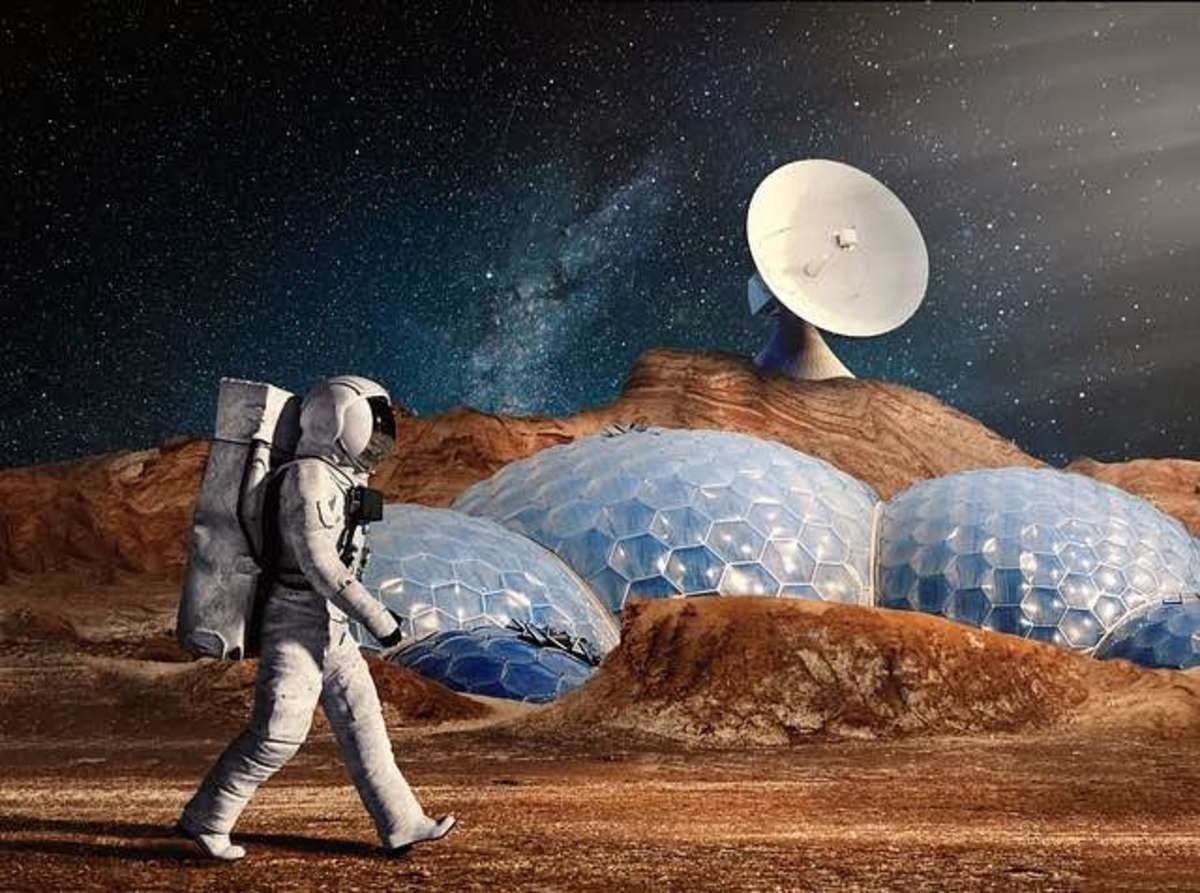Introduction:
The dream of space colonization has captivated human imagination for decades. As our understanding of the universe deepens and our technological capabilities expand, the concept of establishing colonies on other celestial bodies becomes increasingly feasible. Space colonization presents both immense challenges and exciting opportunities that will shape the future of humanity. In this article, we will delve into the various obstacles that need to be overcome and the potential benefits that space colonization can offer.
Challenges:
Distance and Travel: The vast distances between Earth and potential colonization targets, such as Mars or the moons of Jupiter and Saturn, present a significant challenge. Traveling to these destinations can take several months or even years. Developing efficient propulsion systems and advanced spacecraft capable of long-duration space travel is crucial.
Life Support: Creating habitable environments in space is a major hurdle. Ensuring a steady supply of food, water, and breathable air for colonists requires the development of sustainable life support systems. Recycling and regenerating resources will be essential to reduce reliance on Earth.
Radiation and Microgravity: Astronauts already face the risks of radiation exposure and the physiological effects of microgravity during space missions. For long-term space colonization, mitigating these risks becomes even more critical. Shielding against radiation and finding ways to counteract the detrimental effects of microgravity on the human body are ongoing areas of research.
Sustainability: Maintaining self-sufficiency and sustainability in space colonies is vital for their long-term survival. Establishing closed-loop ecosystems that recycle waste, produce food, and generate energy will be essential. Resource utilization and extraction from celestial bodies, such as mining asteroids for raw materials, can also contribute to sustainability.

Psychological and Sociological Factors: Space colonization involves isolating individuals or small groups in confined environments for extended periods. This isolation, combined with the psychological and sociological challenges of living in a completely different environment, can lead to significant stress and interpersonal conflicts. Understanding and addressing these factors are crucial for the well-being and success of space colonists.
Opportunities:
Expansion of Human Civilization: Space colonization offers an incredible opportunity for humanity to expand beyond Earth and establish a presence in the cosmos. By colonizing other planets or celestial bodies, we can ensure the long-term survival of our species and diversify our civilization.
Scientific Exploration: Space colonization would provide unprecedented opportunities for scientific research and exploration. By studying other worlds up close, we can gain valuable insights into planetary formation, geology, and potentially uncover evidence of extraterrestrial life. These discoveries would revolutionize our understanding of the universe and our place in it.
Resource Acquisition: Celestial bodies such as asteroids are rich in valuable resources, including precious metals and rare earth elements. Establishing space colonies would allow us to extract and utilize these resources, reducing our dependence on Earth’s finite reserves and spurring economic growth.
Technological Advancement: The challenges of space colonization drive technological advancements across various fields. From propulsion systems to life support technologies, the need to overcome the obstacles of space travel pushes the boundaries of human innovation. These advancements have significant spin-off benefits for various industries on Earth, leading to advancements in healthcare, energy, and communication, among others.
Interplanetary Collaboration: Space colonization necessitates global cooperation and collaboration. International partnerships are crucial for pooling resources, knowledge, and expertise to overcome the challenges of space exploration. By working together, humanity can transcend geopolitical boundaries and foster a sense of unity and shared purpose.
Conclusion:
Space colonization is a grand vision that holds immense potential for humanity’s future. While numerous challenges lie ahead, from the vast distances to the physiological and psychological hurdles, the opportunities that space colonization presents are equally compelling. By surmounting these challenges, we can expand human civilization, unlock scientific discoveries, harness valuable resources, and advance our technological prowess. As we venture into the cosmos, space colonization holds the promise of a brighter and more resilient future for our species.

